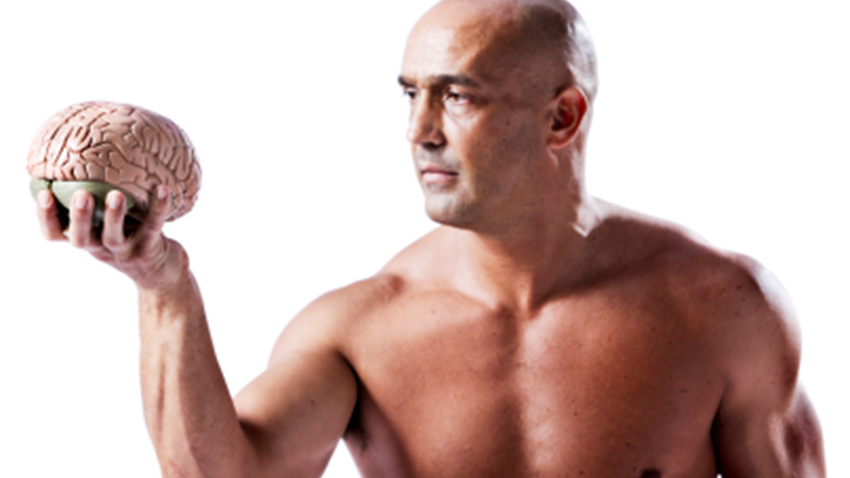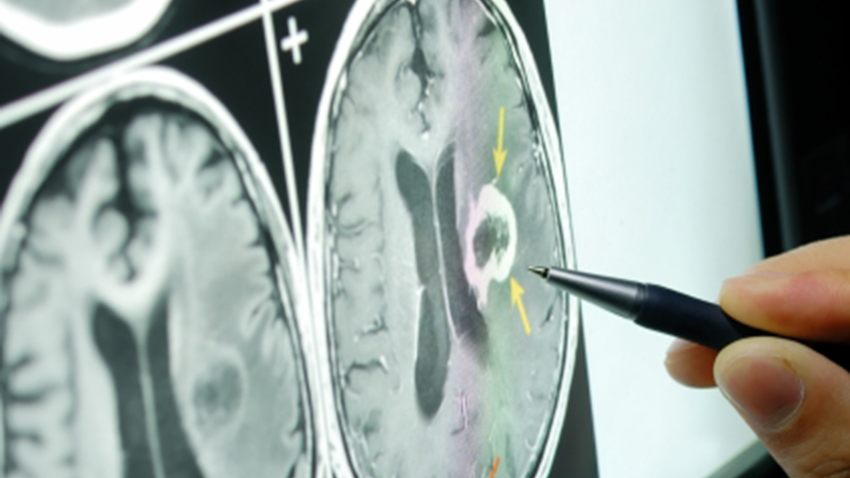Mental Health: Anxiety & Panic Attacks
Knowledge is Power.
True/False - Quiz: Do You Understand Anxiety & Panic Attacks?
Information - Mental Health Visits
 There are many different mental health problems that can affect people of all ages. Unlike many physical diseases, mental health diseases can be difficult to diagnose.
There are many different mental health problems that can affect people of all ages. Unlike many physical diseases, mental health diseases can be difficult to diagnose.
Common Mental Health Problems
• Addiction may involve the use of alcohol, drugs, nicotine or gambling. People who struggle with addiction pursue the behaviour despite the consequences, in order to experience the high or euphoria it brings them.
• Attention deficit hyperactivity disorder (ADHD) causes people to have difficulty focusing or sitting still. Commonly diagnosed in children and teens, it also involves impulsive behaviour and hyperactivity.
• Anxiety disorder causes people to intermittently feel nervous, have a sense of impending doom or danger, sweat, hyperventilate or experience an elevated heart rate. Many people with anxiety disorder have panic attacks.
 • Bipolar disorder, also known as manic-depressive illness, causes a periodic cycling of manic (heightened emotions and extreme activity) and depressive phases (sadness and lethargy).
• Bipolar disorder, also known as manic-depressive illness, causes a periodic cycling of manic (heightened emotions and extreme activity) and depressive phases (sadness and lethargy).
• Depression refers to a number of conditions that negatively affect how you think, feel and act. Many people with depression lose interest in activities and withdraw from others.
• Eating disorders are defined by abnormal eating habits that negatively affect a person's health, such as anorexia nervosa, bulimia nervosa, binge eating and rumination disorder.
• Obsessive-compulsive disorder (OCD) is a common and chronic disorder that leads to uncontrollable, reoccurring thoughts and behaviours. People with OCD feel an overwhelming urge to repeat these obsessions and compulsions.
 • Schizophrenia is not as common as other mental disorders, but it can be chronic and severe. People with schizophrenia often have difficulty understanding reality, and may believe in conspiracies and/or be paranoid.
• Schizophrenia is not as common as other mental disorders, but it can be chronic and severe. People with schizophrenia often have difficulty understanding reality, and may believe in conspiracies and/or be paranoid.
Your primary care provider is a good place to start if you or someone you love is dealing with mental health issues. He or she will be able to refer you to a mental health professional such as a psychologist, psychiatrist or counsellor.
Talk to your family physician if you'd like more information on mental health visits.
Visit HealthChoicesFirst.com for more videos and resources on family health.
Print this Action Plan and check off items that you want to discuss with your healthcare provider
-
Addiction may involve the use of alcohol, drugs, nicotine or gambling. People who struggle with addiction pursue the behaviour despite the consequences, in order to experience the high or euphoria it brings them.
-
Attention deficit hyperactivity disorder (ADHD) causes people to have difficulty focusing or sitting still. Commonly diagnosed in children and teens, it also involves impulsive behaviour and hyperactivity.
-
Anxiety disorder causes people to intermittently feel nervous, have a sense of impending doom or danger, sweat, hyperventilate or experience an elevated heart rate. Many people with anxiety disorder have panic attacks.
-
Bipolar disorder, also known as manic-depressive illness, causes a periodic cycling of manic (heightened emotions and extreme activity) and depressive phases (sadness and lethargy).
-
Depression refers to a number of conditions that negatively affect how you think, feel and act. Many people with depression lose interest in activities and withdraw from others.



